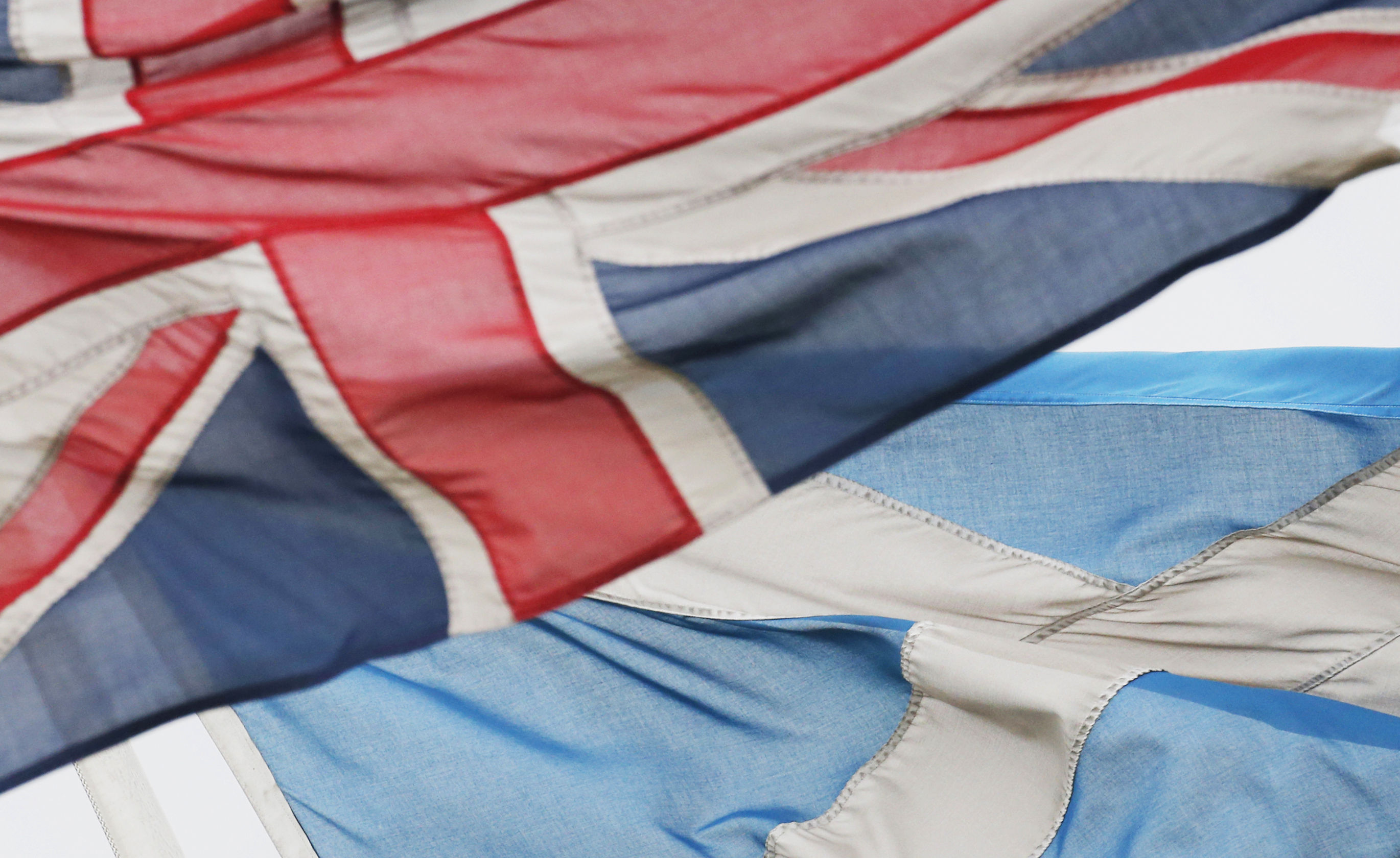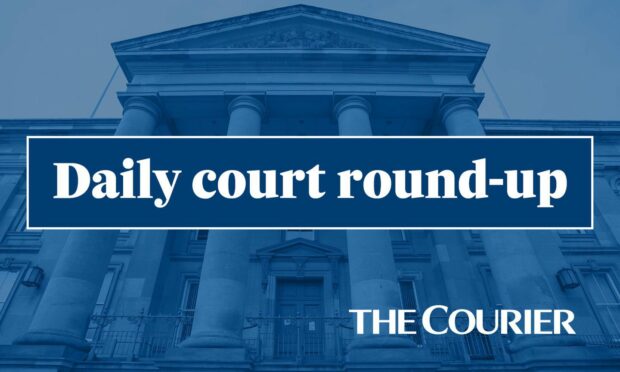Scottish independence has “some logic” from a democratic standpoint but the economic risks could transform the nation into “Greece without the sun”, according to a right-wing think tank.
The Centre for Policy Studies acknowledged Scotland is being taken out of the European Union against its will but said leaving the United Kingdom in response “would entail significant economic risk”.
The think tank, founded by former Conservative prime minister Margaret Thatcher, drew parallels between Scotland and debt-ridden Greece in a report entitled “Scotland: Could it become Greece without the sun?”
It said: “Nicola Sturgeon’s push for independence does have some logic from a democratic standpoint.
“Scotland is being taken out of the European Union despite voting to remain within the institution.
“However, the economic backdrop to Sturgeon’s push for independence is not encouraging for her.”
It added: “Scotland’s budget deficit is currently over three times higher than the UK average as a percentage of GDP.
“North Sea oil and gas revenue expectations have plunged. Expected revenues of £6.8 billion to £7.9 billion this year have fallen to just £0.5 billion to £2.8 billion.
“Two-thirds of Scotland’s exports go to the rest of the UK but just 15% go to other EU countries, further questioning the economic rationale behind Scottish independence.
“Euro membership would expose Scotland to the risk of more asymmetric economic shocks and the European Central Bank would be less capable of responding to shocks compared to the Bank of England.”
It concluded: “Why, therefore, would you break ties with the UK for the purpose of restoring ties with the rest of the EU via European Union membership?
“Furthermore, if Scotland were proposing to adopt the euro as its currency, this would present huge risks for a newly-independent Scotland.
“There is a precedent for a small, romantic country, surrounded by hundreds of islands, perched on the extremity of Europe, seeking membership of the euro: Greece.
“Of course, it would be impertinent to suggest that Scotland’s circumstances are directly equivalent to those of Greece, but it does undoubtedly serve as a useful reminder that countries with challenging public finances can end up suffering inside the euro.
“This will undoubtedly be on the minds of the Scottish electorate should there be a second independence referendum.”










